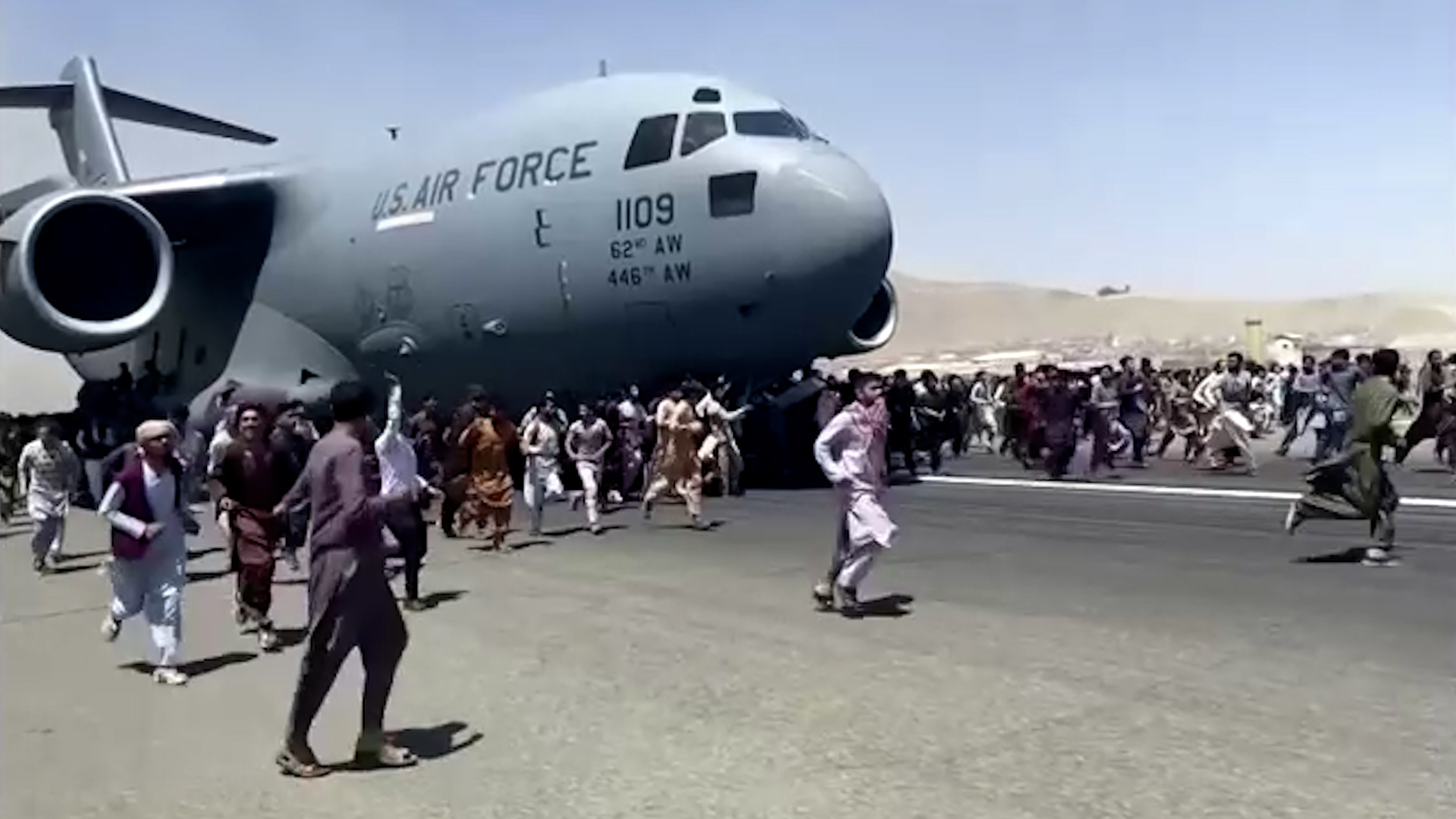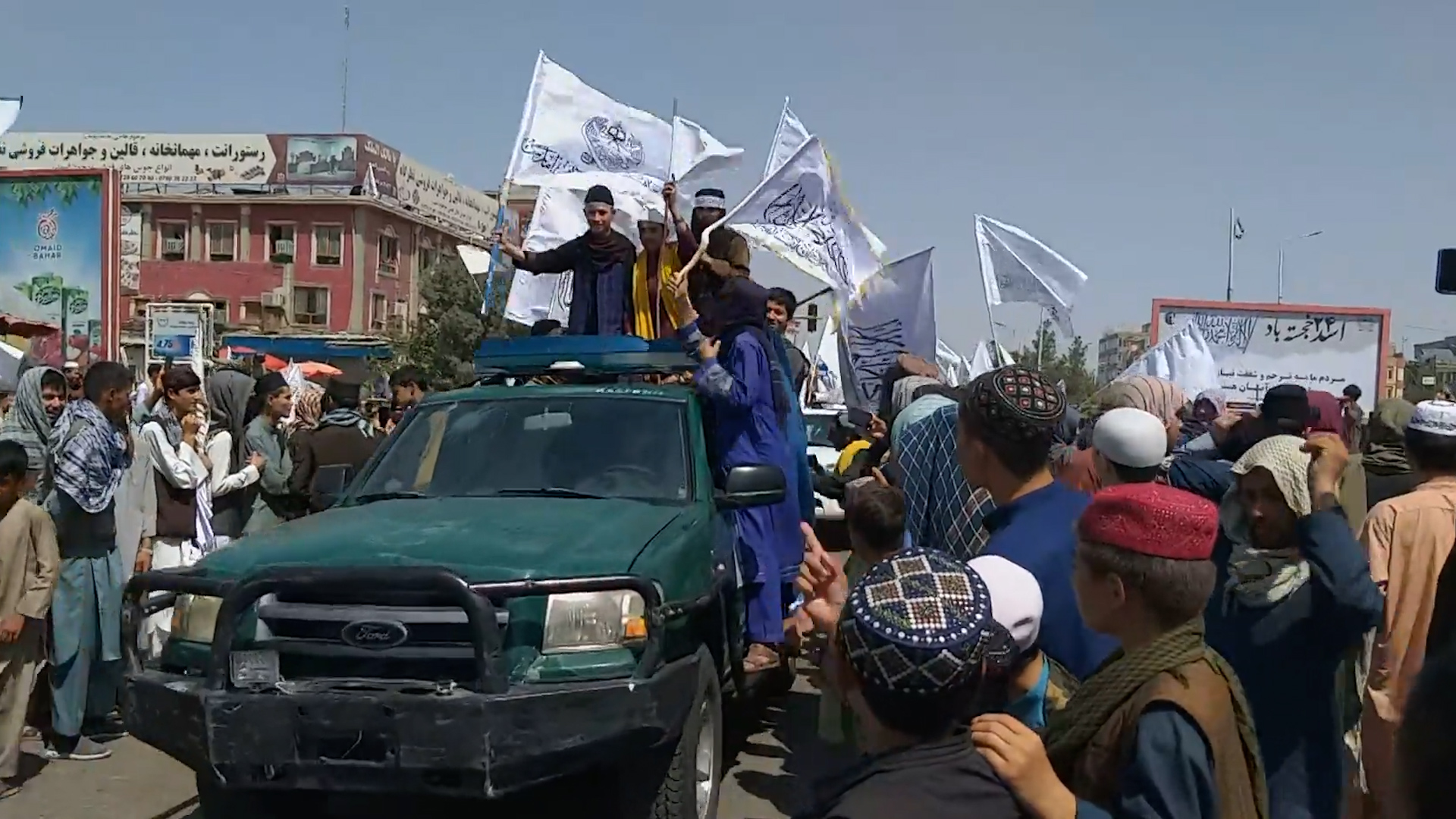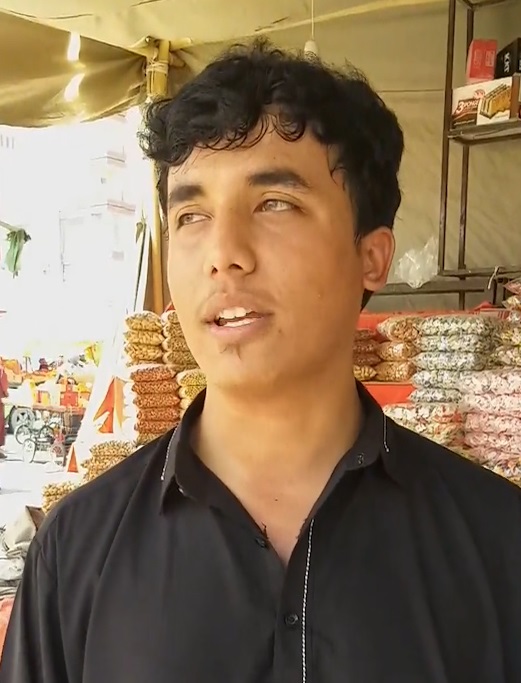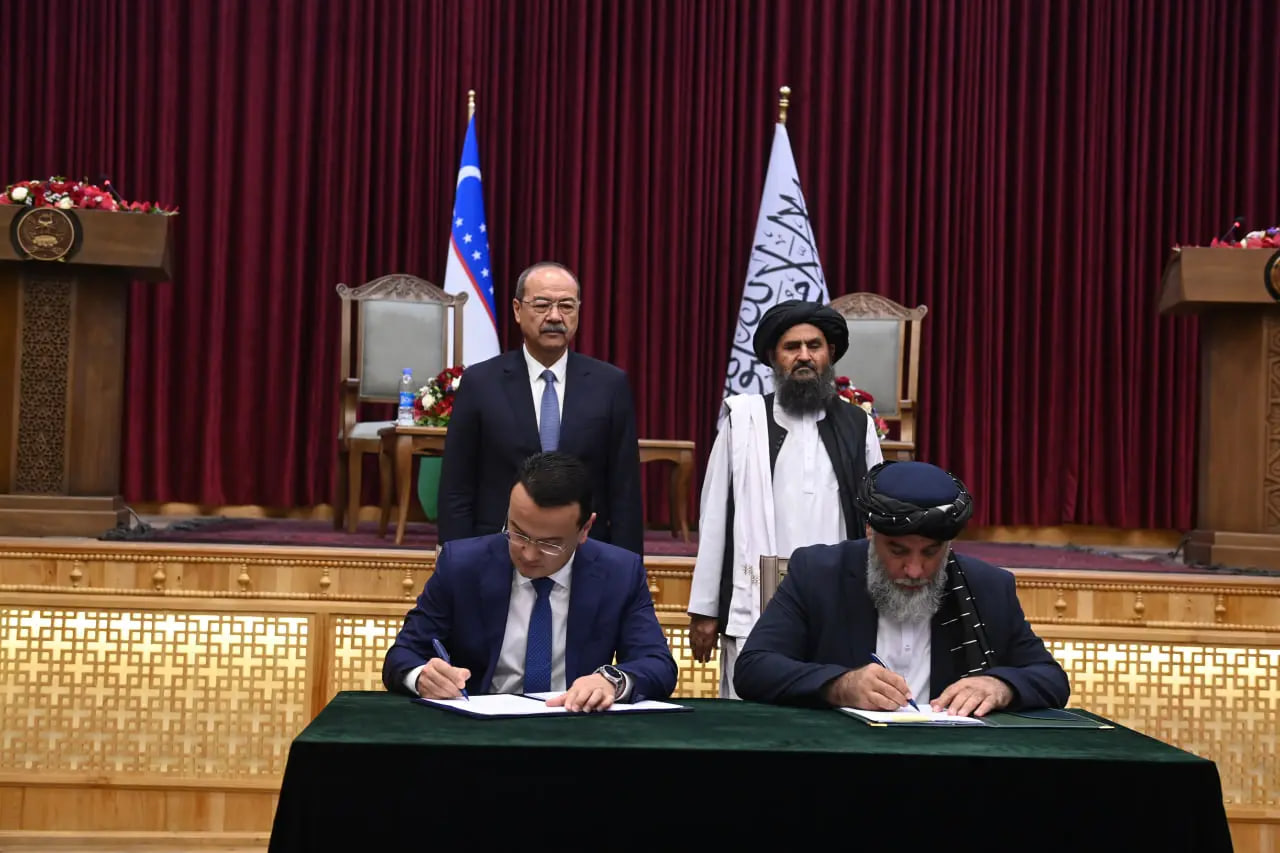As Afghanistan marks the third anniversary of the Taliban's return to power on August 15, the nation finds itself navigating a labyrinth of economic challenges, humanitarian crises, and shifting international dynamics. While the Taliban boasts of economic growth and agricultural success, experts and Afghan citizens paint a more nuanced picture of a country still struggling to find its footing under a regime that remains largely unrecognized by the global community.

Economic Growth or Statistical Manipulation?
The Taliban claims a 2.7% GDP growth for 2024, coupled with significant increases in agricultural production. According to their statistics, wheat production surged by 13.2%, and cotton output skyrocketed by 68.9%. However, these figures are met with skepticism. Farhad Tolipov, director of the think tank Knowledge Caravan, questions the validity of these numbers and the basis on which they were calculated. "The statistics provided by the Taliban about GDP growth are just general macro statistics," he says. "It is unclear on what concrete data these figures are based. How was this economic growth possible given the severe international restrictions and frozen financial assets?"

Tolipov elaborates on the challenges posed by the Taliban’s restricted access to financial resources. "Unless and until these assets are unfrozen and are used by the government of the Taliban, how is it possible to develop the economy and achieve any visible or tangible economic growth?" he asks. This question underscores the disconnect between the Taliban's reported economic success and the harsh realities on the ground.
These concerns are echoed by Dr. Najibullah Wardak, a former Afghan government official with extensive experience in both international organizations and the Afghan government. He is blunt in his assessment: "The de facto authorities are manipulating the figures. The reality is far from what they describe," Wardak asserts. "If they are talking about 2.7% growth of GDP, that is just ridiculous. Yes, agricultural production has increased, but this alone cannot account for such a high GDP growth rate, especially when the trade deficit has widened and people’s purchasing power has significantly decreased."
Wardak further explains that the country’s economic situation is worsening with each passing year. "The import levels have increased, but the export levels have decreased, resulting in a growing trade deficit," he notes. "Moreover, there’s an 8% deflation due to the lack of purchasing power among Afghans. People simply cannot afford to buy goods, which is a sign of a failing economy, not a thriving one."
Voices from the Ground: Comments from Afghan citizens
Amid these challenges, local residents in Afghanistan express to Daryo's correspondent in Kabul a range of sentiments about life under Taliban rule. For some, the return to power has brought a sense of stability and security that was absent in the preceding years of conflict. “Since the Taliban movement came to power, security has been ensured, there are no thieves,” says one local resident. “There were some problems, but now they are fine. We are grateful to the Taliban. There are only problems related to work, but other issues are good.”

A local businessman echoed this sense of security, noting the ease of doing business and the absence of conflict. “Thank God, there is an opportunity to do business, there is no war, no one bothers you wherever you travel,” he says. “You can go anywhere you want even at twelve o’clock at night, no one will object. We are satisfied with the Taliban government.”

However, not all Afghans share this optimism. The broader economic and social challenges persist, with many struggling to make ends meet in a country that remains isolated from much of the international community. Despite the improvements in security, the lack of employment opportunities and economic stagnation continue to weigh heavily on the population.
The Humanitarian Crisis: More Than Just Numbers
While the Taliban highlights economic statistics, the humanitarian reality on the ground tells a different story. Mercy Corps has reported that half of Afghanistan's population now requires humanitarian aid, with over a third facing severe food insecurity. Wais Qais, an Afghan businessman who operates in Kabul, underscores the importance of international support, particularly for Afghanistan’s agricultural sector. "The agro sector is one of the key elements to bring income to the vulnerable population of Afghanistan," Qais explains. "But for this to happen, international programs must target these vulnerable communities and provide them with the necessary resources to revitalize their agriculture."
Qais stresses the need for a strategic focus on both internal consumption and exports. "Yes, internal consumption is critical, but export is equally important. The value of crops on the international market can bring much-needed income to the country," he says. "However, for this to happen, Afghanistan needs to focus on improving its infrastructure and revising government policies on export, import, and transit charges. The environment has drastically changed from what it was three or four years ago. The sanctions, the capacity within the government, and the regional dynamics all play a significant role."
Qais also reflects on the mood in Kabul during recent Taliban celebrations, which were held to mark their return to power. "There were celebrations across Kabul yesterday, and to an extent, people were happy to see them," he says. "But the reality is that people are fed up with these types of celebrations. They need food. These political celebrations have been happening in Afghanistan for a long time, but what people really want to see is what’s coming next, not more festivities."
Women’s Rights: A Grim Reality
Perhaps one of the most significant and devastating changes since the Taliban’s return to power has been the regression in women’s rights. Under Taliban rule, women have been systematically stripped of their rights to education, work, and public participation. Despite the Taliban’s promises of a more moderate stance, the reality on the ground has been starkly different.
Farhad Tolipov points out that the Taliban’s failure to fulfill their promises regarding women’s rights is a key reason for the lack of international recognition of their regime. “One of the promises made by the Taliban when they came to power was to allow women to work and girls to attend school. None of these promises have been implemented,” Tolipov explains. “This non-fulfillment is likely one of the main reasons why the international community has not recognized the Taliban regime.”
Wardak provides a nuanced view, acknowledging the severe limitations while also highlighting areas where women are still active. “The situation for women is very, very bad—there are a lot of limitations,” Wardak says. “However, it’s important to note that women are still working in some sectors, like healthcare and education, particularly in rural areas. Girls can attend school up to grade 6, and there are even some women-run small businesses and exhibitions.”
Wardak’s insights, however, do not diminish the broader picture of systemic oppression. Women’s participation in public life has been drastically curtailed, with many losing their jobs and being forced to stay home. Educational opportunities for girls have been severely restricted, with secondary education effectively banned for most girls, making Afghanistan the only country in the world with such a prohibition.
The implications of these restrictions are profound. “The education of women is not just a human rights issue—it’s also a critical factor for economic development,” Wardak emphasizes. “When half the population is denied the opportunity to participate in the economy, it significantly hampers the nation’s ability to grow and prosper.”
Geopolitical Challenges and Regional Relations
The geopolitical implications of the Taliban’s rule extend beyond Afghanistan’s borders, affecting regional stability and international relations. Tolipov points out that Afghanistan has historically been at the center of geopolitical struggles, often referred to as the "graveyard of empires." However, he challenges this notion in the current context.
"To what extent is Afghanistan still the focus of great powers?" Tolipov asks. "If it is so important, why did the United States forces leave three years ago? Isn’t it important for the United States or no longer important?"
Tolipov also highlights the lack of precise information about the Taliban’s control over the country. "We lack accurate data on how effectively the Taliban is governing Afghanistan," he says. "Are they in control of the entire territory, or are extremist groups still operating freely? These are critical questions that need answers."
Wardak shares Tolipov’s concerns, noting that while the Taliban claims control, the situation remains fluid. "The Taliban’s control over Afghanistan is not absolute," he says. "There are still 24 different groups that were part of the Taliban’s struggle over the past two decades, and these groups have not been fully integrated into the current regime. This poses a significant risk not just for Afghanistan, but for the entire region."
On the other hand, Dimitris Symeonidis, an international policy advisor, sees potential in Afghanistan’s strategic location, particularly in the context of energy and trade. "Afghanistan could become a crucial transit hub for energy and trade, but this is contingent on stability and proper investment," Symeonidis explains. "However, the current situation in Afghanistan and neighboring countries, like Pakistan, makes large-scale infrastructure projects like the TAPI pipeline a distant reality."
Symeonidis is cautious but sees a glimmer of hope in smaller, more achievable projects. "If I could bet on something that can be done in the relatively near future, it could be the electricity interconnections with Turkmenistan," he suggests. "This would be impactful because electricity is directly related to residential needs and could improve the livelihoods of Afghan citizens."
The Path Forward: Recognition and Engagement
The question of whether the international community will eventually recognize the Taliban remains contentious. Tolipov argues that any recognition must be contingent on the Taliban fulfilling their promises, including the creation of an inclusive government and granting rights to women and girls. "None of these promises have been implemented," Tolipov notes. "This is likely one of the reasons why the international community has not recognized the Taliban regime."
Wardak, however, believes that regional countries may move towards recognition sooner than Western nations. "Recognition might start from regional countries, but it will likely be in consultation with Western powers," he says. "However, this will only happen if the Taliban meet certain conditions, including distancing themselves from extremist groups."
Symeonidis adds that engagement, even at a low level, is crucial for progress. "Everyone should be engaged, even if it’s just through dialogue," he suggests. "Geography plays a significant role here, with countries like Uzbekistan, Turkmenistan, and China already engaging with Afghanistan on some level. The international community needs to establish frameworks for cooperation, especially in areas like energy and trade."

As Afghanistan marks three years under Taliban rule, the nation’s future remains uncertain. The challenges are immense, ranging from economic instability and humanitarian crises to geopolitical tensions and the question of international recognition.
Yet, as Wardak aptly puts it, "The situation is getting worse and worse unless specific actions are taken. Afghanistan’s recovery, if it is to happen, will require concerted efforts from both the Afghan government and the international community."
The path forward is fraught with challenges, but the discussions and perspectives offered by these experts highlight the complexity of Afghanistan's situation and the need for a multifaceted approach to address the country's myriad issues. Whether through targeted economic policies, regional cooperation, or cautious international engagement, Afghanistan's journey in the post-Taliban takeover era is one that the world cannot afford to ignore.
Comments (0)